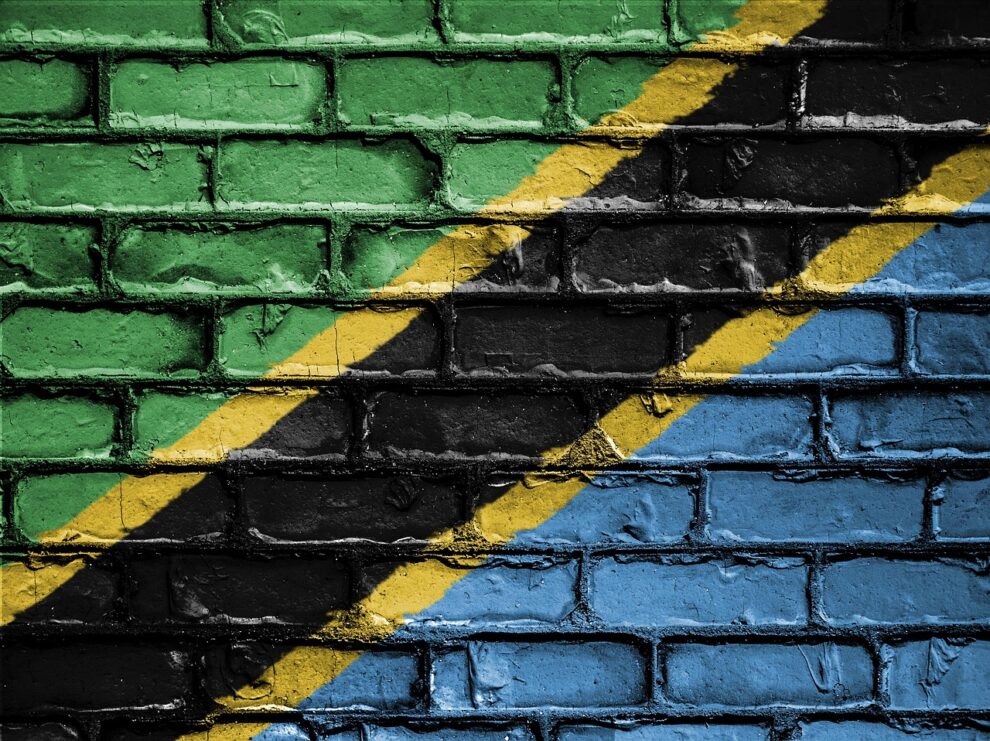Tanzania was under a communications blackout on Thursday a day after elections turned into violent chaos with unconfirmed reports of many dead.
President Samia Suluhu Hassan had sought to solidify her position and silence criticism within her party in the virtually uncontested polls, with the main challengers either jailed or barred from standing.
But election day descended into violence as hundreds took to the streets.
An AFP journalist saw a police station burned down in the economic hub Dar es Salaam and there were reports of polling stations attacked and protesters tearing down images of the president in several parts of the country.
A diplomatic source told AFP they had unconfirmed reports of 30 or more people killed.
But a full internet blackout remained in place on Thursday, along with limits on international calls, making verification all but impossible.
Almost all foreign journalists had been barred from entering the country for the election.
The government has issued no statement about the unrest. The heavily controlled local media had made no updates to stories since early Wednesday.
Schools and colleges were closed on Thursday and civil servants told to work from home, an AFP reporter said, adding that gunshots could still be heard across Dar es Salaam.
In the run-up, rights groups condemned a “wave of terror” in the east African nation, which has seen a string of high-profile abductions that ramped up in the final days.
“It’s unprecedented… Where we go from here is unclear,” the diplomat said, with Hassan’s status “uncertain”.
On the semi-autonomous island of Zanzibar the situation was calm although ferries to the mainland had been suspended, an AFP reporter said.
Tourists stranded at the airport, some sleeping on the floor among their luggage, said they had no communication and were running low on cash as card transactions were not working.
“I have never experienced anything like this,” a France-bound passenger, who declined to give her name, told AFP.
Much of the anger online has been directed at Hassan’s son, Abdul, who has been in charge of an “informal task force” of police and intelligence services to manage election security, according to specialist publication Africa Intelligence.
It is blamed for a massive increase in abductions of government critics in the last days before the vote, including a popular social media influencer, Niffer, who was accused of promoting protests with jokey videos about selling facemasks.
Hassan has faced opposition from parts of the army and allies of her iron-fisted predecessor, John Magufuli, since coming to power, analysts say.
Amnesty International warned the “risk of further escalation is high” as it urged restraint from authorities.
Hassan came to power in 2021, elevated from vice-president on the sudden death of Magufuli.
She faced internal opposition as the country’s first female leader but was initially welcomed by rights groups for easing restrictions on the opposition and media.
Those hopes faded as she oversaw a crackdown described by Amnesty as a “wave of terror” including “enforced disappearance and torture… and extrajudicial killings of opposition figures and activists”.
Her main challenger, Tundu Lissu, is on trial for treason, facing a potential death penalty and his party, Chadema, banned from running.
The only other serious candidate, Luhaga Mpina of ACT-Wazalendo, was disqualified on technicalities.

Add Comment